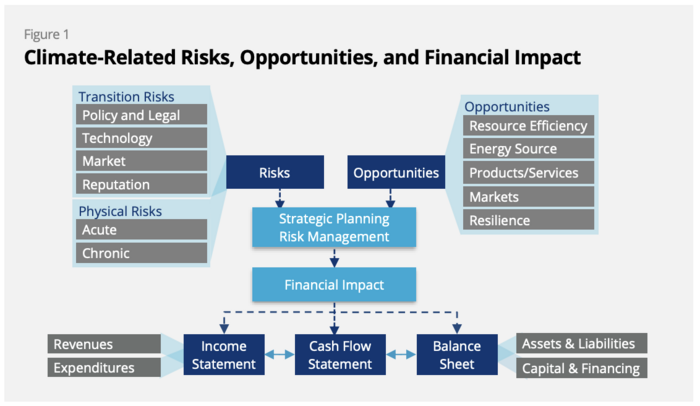Wiki test: Difference between revisions
mNo edit summary |
collapse crl intro and license intro |
||
| Line 64: | Line 64: | ||
* Adapt — remix, transform, and build upon the material for any purpose, even commercially. | * Adapt — remix, transform, and build upon the material for any purpose, even commercially. | ||
:The licensor cannot revoke these freedoms as long as you follow the license terms. | |||
<div class="mw-collapsible mw-collapsed" data-expandtext="Read more" data-collapsetext="Read less"> | |||
'''Under the following terms:''' | '''Under the following terms:''' | ||
| Line 71: | Line 73: | ||
* No additional restrictions — You may not apply legal terms or technological measures that legally restrict others from doing anything the license permits. | * No additional restrictions — You may not apply legal terms or technological measures that legally restrict others from doing anything the license permits. | ||
'''Notices:''' | |||
* You do not have to comply with the license for elements of the material in the public domain or where your use is permitted by an applicable exception or limitation. | |||
* No warranties are given. The license may not give you all of the permissions necessary for your intended use. For example, other rights such as publicity, privacy, or moral rights may limit how you use the material. | |||
Read the full license [https://creativecommons.org/licenses/by/4.0/ here]. | Read the full license [https://creativecommons.org/licenses/by/4.0/ here]. | ||
</div> | |||
</div> | </div> | ||
</div> | </div> | ||
Revision as of 18:36, 7 September 2024
Welcome to UW Climate Risk Lab Wiki,
the place for best climate risk data, analysis, and tools available for all.
UW Climate Risk Lab
The UW Climate Risk Lab (CRL) is a multidisciplinary research and innovation center based at the University of Washington Foster School of Business in the Department of Finance & Business Economics. Established in 2022, it advances data and technology solutions to issues in climate-related financial risk for corporate and government decision-makers. Phillip Bruner, co-founder of the CRL, currently serves as its Executive Director.
The CRL brings together academics and professionals in climate finance, risk management, business analytics, data engineering, computer science, atmospheric sciences, supply chains management, information systems and AI. It collaborates with several initiatives within the University of Washington (UW), which include the Buerk Center for Entrepreneurship, Clean Energy Institute, Creative Destruction Lab, eSciences Institute and Urban Infrastructure Lab. Its external partners include: the Duke Energy Data Analytics Lab, the Pacific Northwest Mission Accelerator Center, and Washington Maritime Blue.
License Information
This website’s content is licensed under a Creative Commons Attribution 4.0 International License.
You are free to:
- Share — copy and redistribute the material in any medium or format for any purpose, even commercially.
- Adapt — remix, transform, and build upon the material for any purpose, even commercially.
- The licensor cannot revoke these freedoms as long as you follow the license terms.
What is climate risk?
Climate risk is the potential for negative consequences for human or ecological systems from the impacts of climate change. [1] It refers to risk assessments based on formal analysis of the consequences, likelihoods and responses to these impacts and how societal constraints shape adaptation options. [2] [3] The science also recognizes different values and preferences around risk, and the importance of risk perception. [4]
